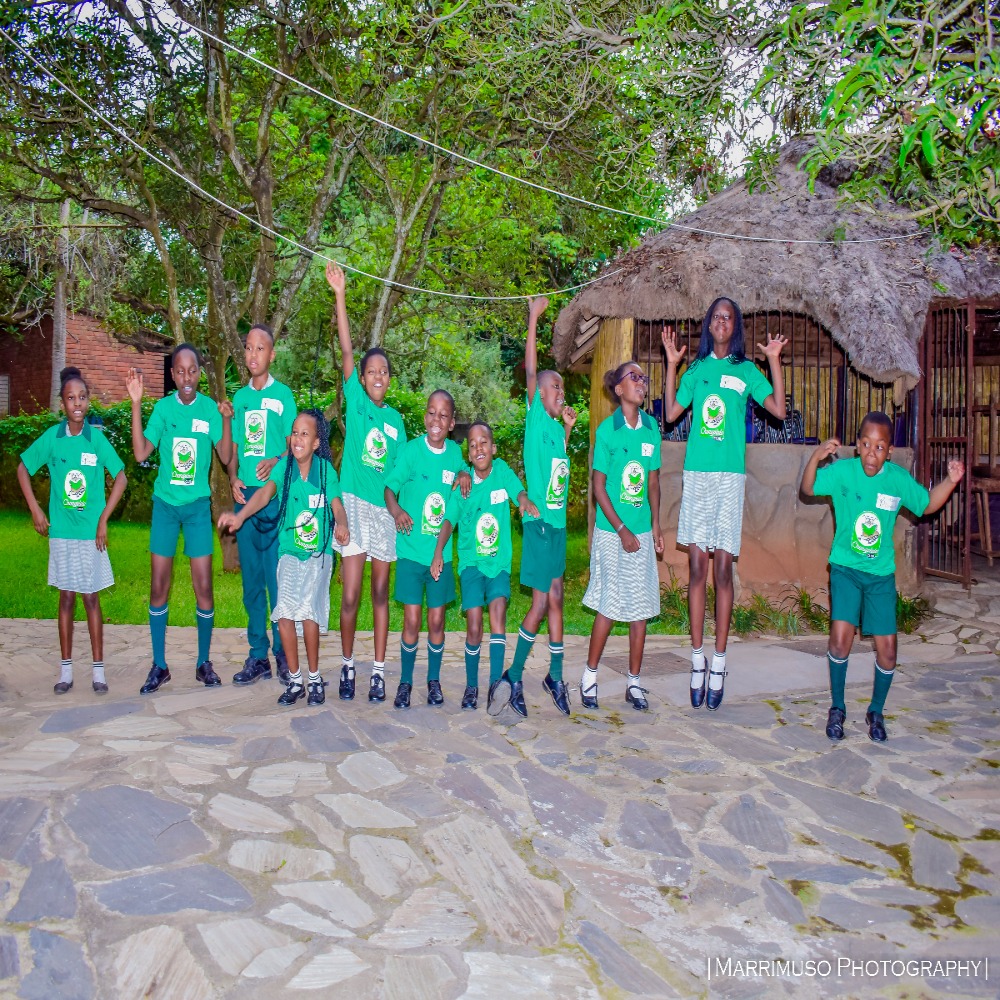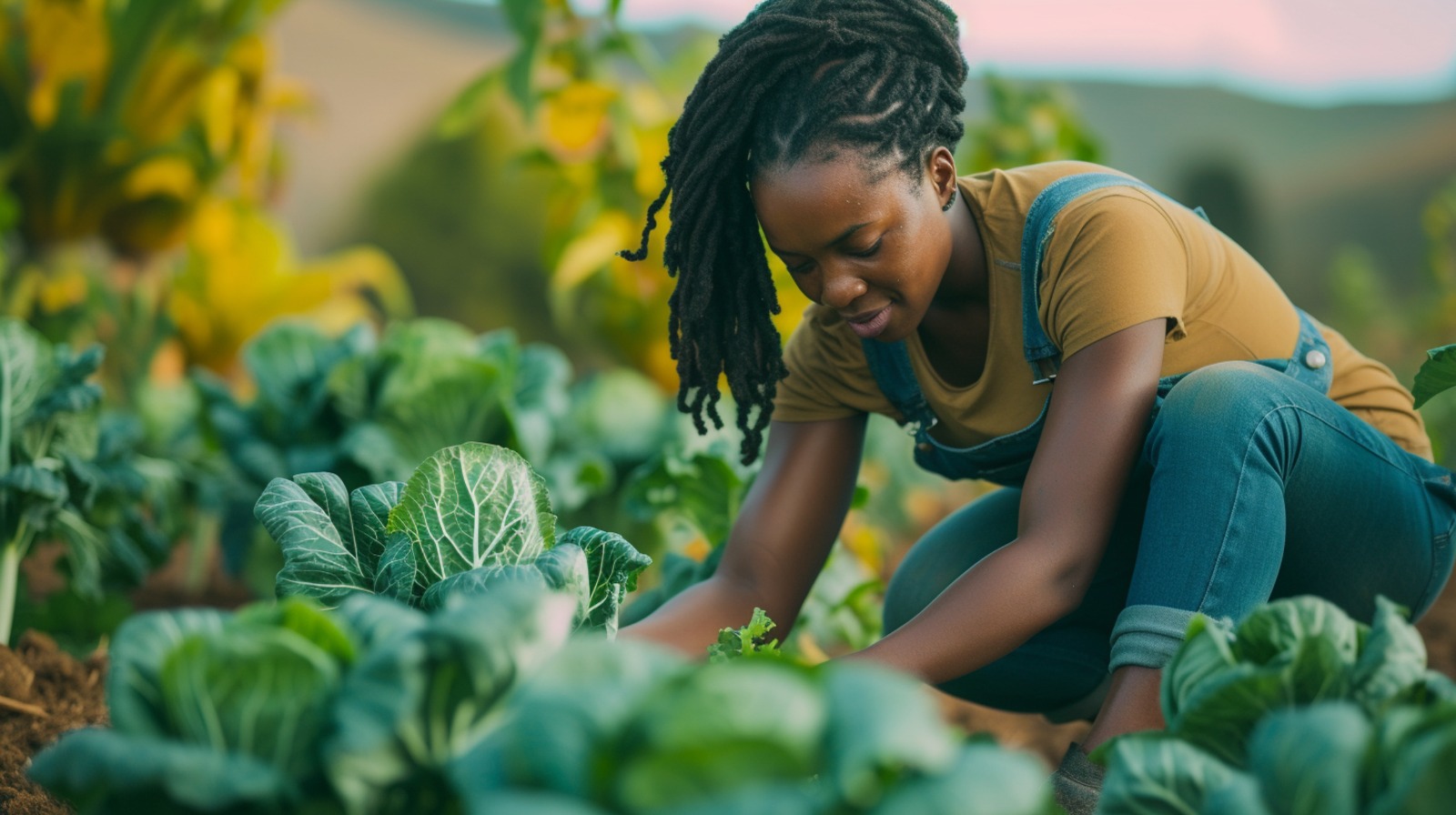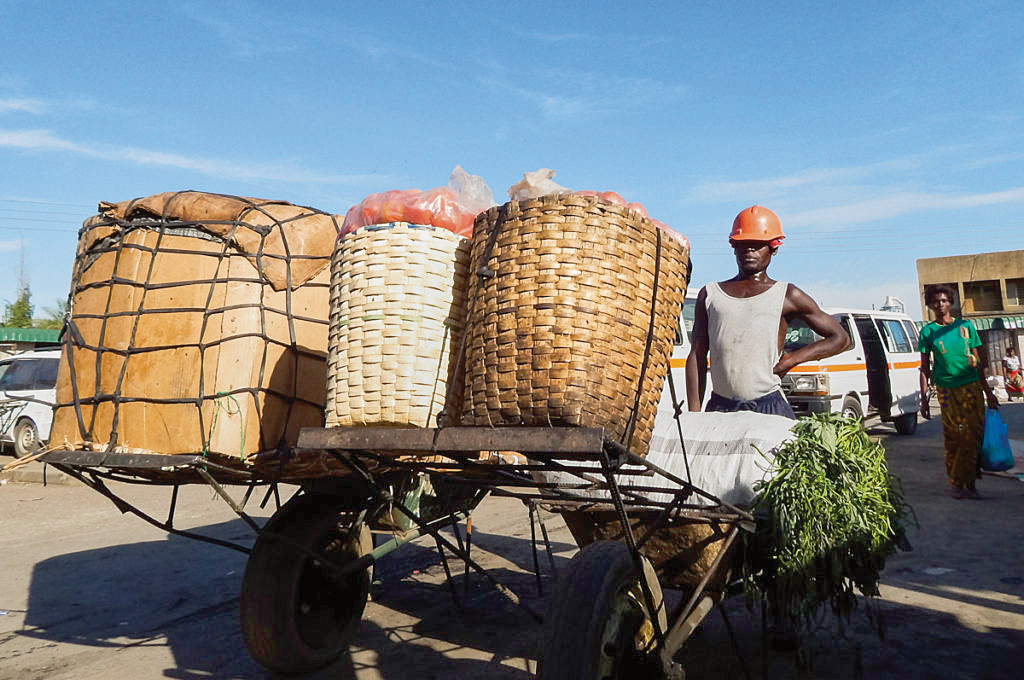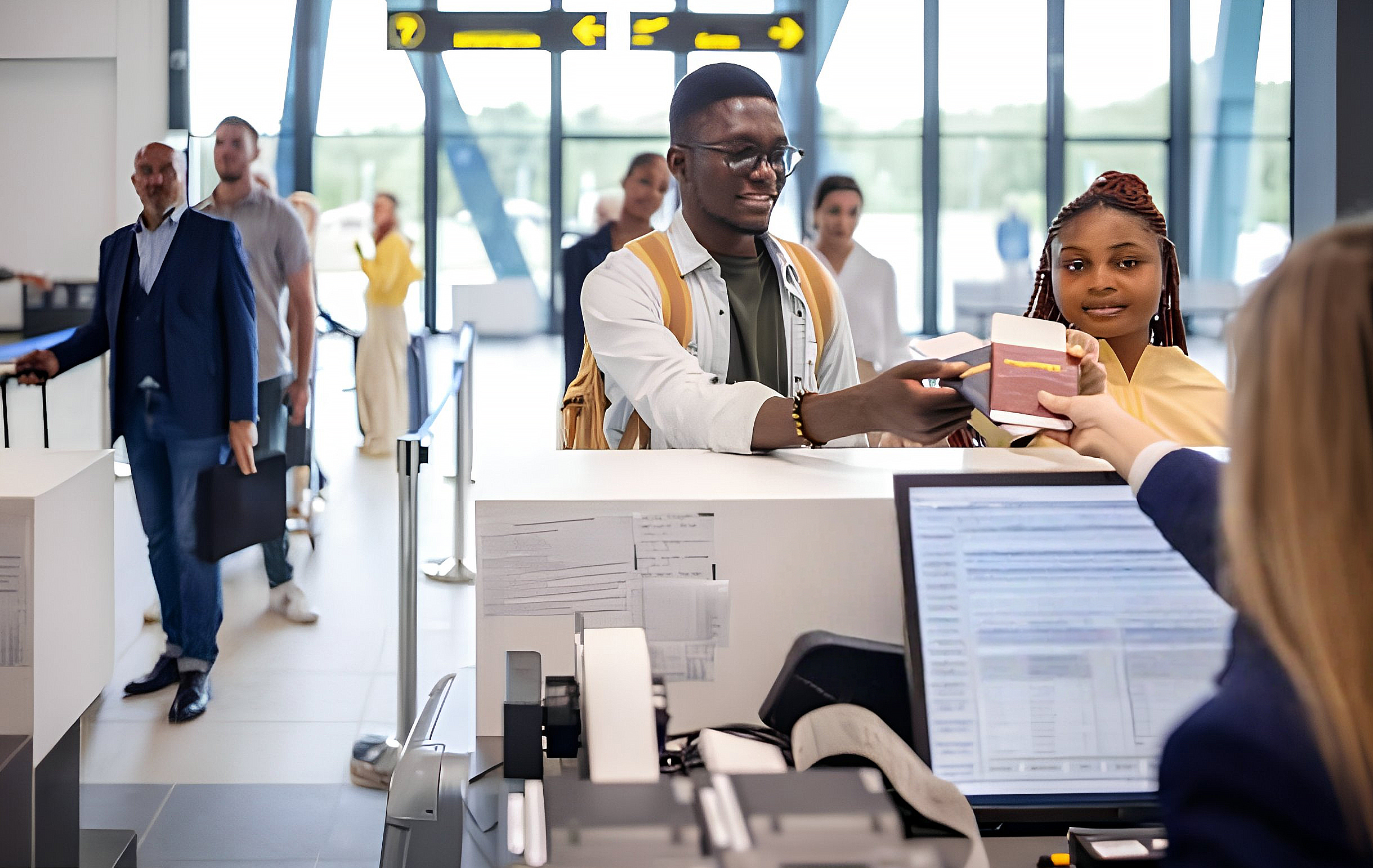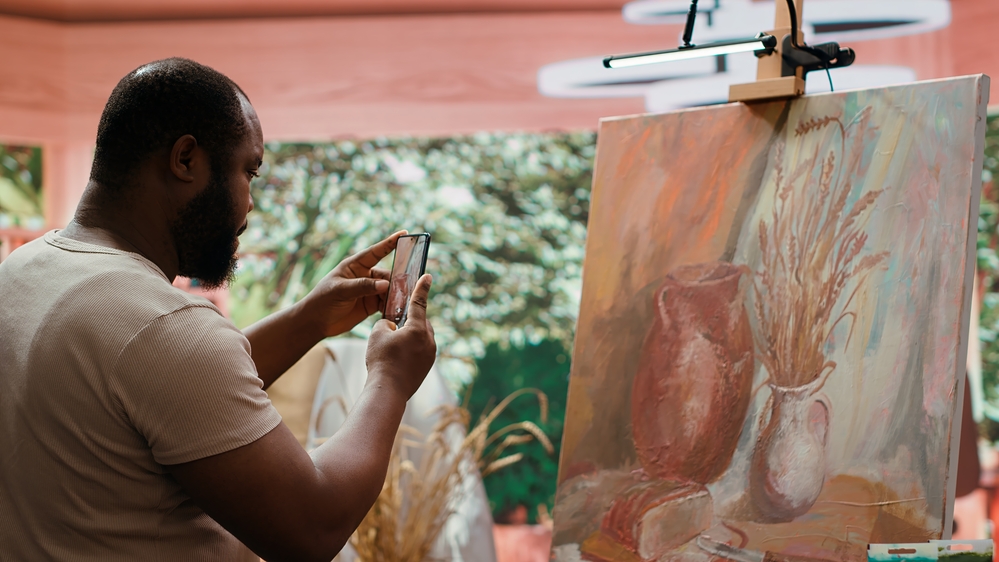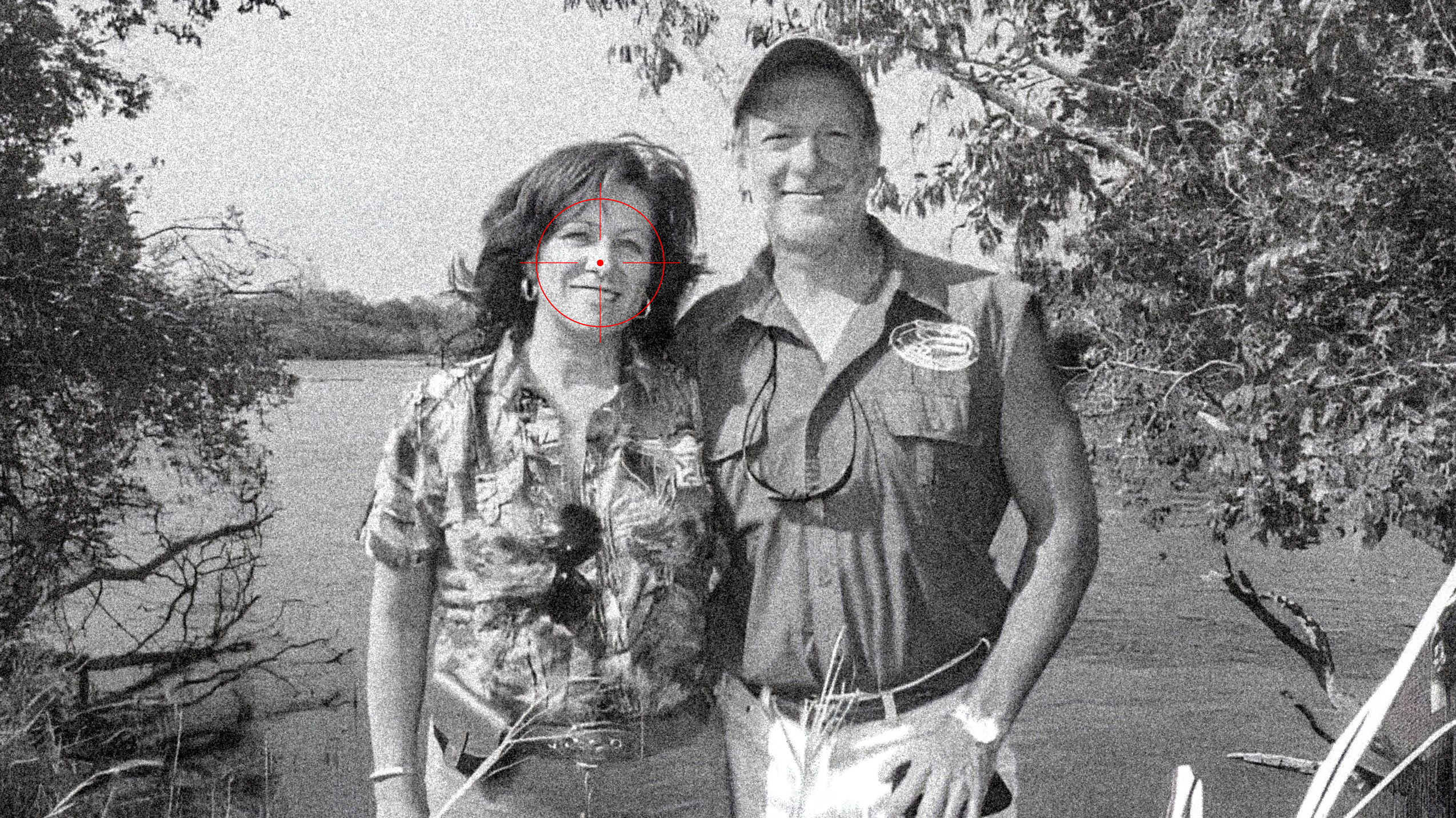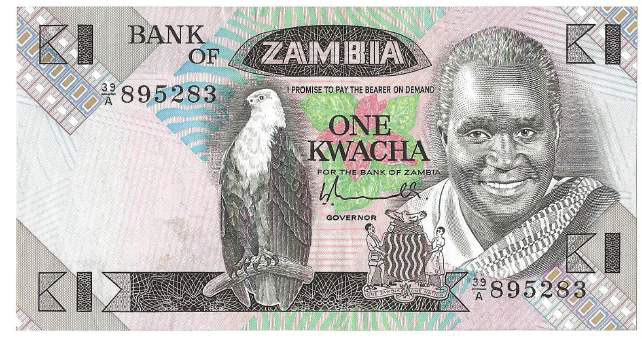With COVID-19 being declared a pandemic, the work of the Wildlife and Environmental Conservation Society of Zambia (WECSZ) and its Chongololo and Chipembele Conservation Clubs of Zambia (CCCCZ) has not been spared.
CCCCZ are extra-curricular clubs that take place in schools on clubs day or in a community grouping. The Chongololo Club focuses on educating young people in grades one to seven (primary school) on Zambia’s habitats, the things or organisms found in that particular habitat and why young people should take part in conserving them.
Chongololo is a local name for a millipede but why name the club after this little thing? The club is about encouraging learners to not only focus on conserving the big creatures or animals in our ecosystems but to also conserve the tiniest creatures.
After Chongololo Club learners graduate to the Chipembele Conservation Clubs. Chipembele is a local name for a rhino and the name came about during the 1980s when rhinos were heavily poached for their horns, hence a need arose to conserve the rhinos as they were going into extinction. To date rhino numbers are still alarmingly low in Zambia.
The Chipembele Conservation Clubs are focused on finding solutions to Zambia’s major environmental problems with learners in grades eight to 12 (secondary school). WECSZ has implemented its environmental education (EE) programme since 1972 and it’s probably the oldest EE programme in Southern Africa, with its first patron being the First Republican President Dr. Kenneth Kaunda.
Both the Chongololo and Chipembele Clubs are interest-based and membership-based; currently over 1,400 clubs are members of the CCCCZ countrywide.
Besides the CCCCZ, WECSZ runs the Chongololo Club of the Air Radio (CCOA) Programme; a supplementary programme to the Chongololo Clubs that has a series of 152 episodes broadening the topics in the Chongololo clubs running on nine community Radio stations. The community radio stations airing CCOA are Live Radio in Lusaka, Mpika Community Radio Station in Mpika, Sinazongwe Community Radio Station in Sinazongwe, Radio Luapula in Nchelenge, Radio Icengelo in Kitwe, Radio Maria in Chipata, Radio Chikankata in Chikankata, Kalomo FM in Kalomo and Zambezi FM in Livingstone.
Additionally, WECSZ has a general membership category for adults and students. This category is also interest-based and members get a wide variety of incentives, some of which include visits to Society camps to enjoy and explore the beautiful biodiversity in our national parks where the camps are strategically situated. The Society has three camps (Kafwala, Chibila and South Luangwa Wildlife Camp) that are leased out to sustain its running costs. However, with the coronavirus pandemic that has left no one behind, WECSZ too and its programmes have been seriously affected.
With most pupils still not attending school as part of the precautionary measures that the government has put up, CCCCZ activities are not taking place in schools. Therefore, many CCCCZ members have no access to conservation information during the COVID-19 pandemic. Adult members are also affected as they aren’t meeting to discuss conservation issues and cannot access the camps, which are closed with no revenue coming from them. Thus the Society is heavily impacted as its income has shrunk in recent months.
Amidst the uncertainty that the coronavirus pandemic has brought, WECSZ has an amazing and ever supportive local funder, Elephant Charge (EC). We are very grateful for EC which has been supporting CCCCZ activities since 2012 and has seen the Society’s CCCCZ membership grow from 249 to over 1,400 clubs countrywide in 2020.
EC being the understanding partner that it is and fully aware of the coronavirus impacts, has thus put up some flexibility measures to help the Society in running its activities as well as support towards the organisations administrative costs.
This has certainly helped the Society in re-strategising to finding means and ways of reaching out to its membership and servicing them even amidst the pandemic. There is definitely light at the end of the tunnel for the Society and we are hopeful that this pandemic will come to an end and we shall continue living in harmony with nature and getting the needed benefits from ecosystems services.
*The author is the national environmental education officer for WECSZ.
